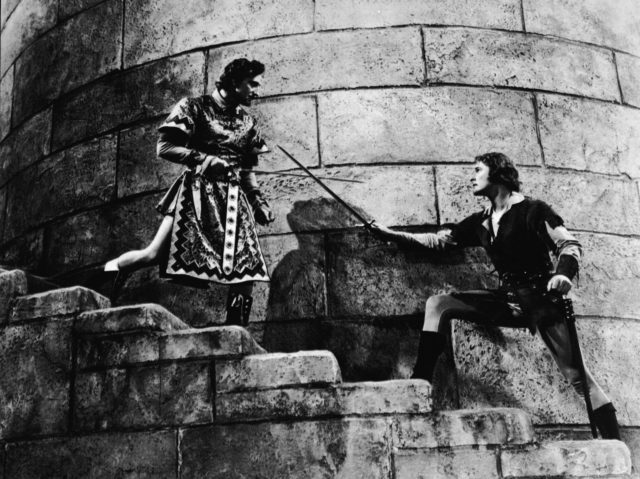Robinhood has tapped investors for another $2.4 billion over the weekend, bringing its total since last week to $3.4 billion, according to the Wall Street Journal.
The company has seen a surge in trading thanks to the rocketing of stocks like GameStop, testing the app-based broker’s ability to meet collateral requirements from the behind the scenes market-makers and clearinghouses that execute its trades.
From the Wall Street Journal:
The huge infusion—the $3.4 billion raised since last Thursday is more than the company has raised in total up until that point—gives Robinhood a war chest to cover a surge in collateral requirements stemming from the trading boom, the people said. It should also allow the company to support the hundreds of thousands of new accounts users opened since Thursday and to remove many of the trading restrictions that angered customers of the popular brokerage, the people said.
Questions over Robinhood’s liquidity and ability to meet collateral requirements were sparked last week when the company restricted trading in certain booming stocks and options. The company later said it did this because of rising collateral requirements.
In an interview with Elon Musk on Clubhouse, a social-networking app structured like an interactive live podcast, Robinhood Chief Executive Vlad Tenev said the clearinghouse initially asked for $3 billion last week. He described this collateral demand as “about an order of magnitude more than what it typically is.”
Robinhood is a private company and there is little public information about its liquidity or capital positions, a lack of transparency that can feed fear in times of stress. So far, no trading firms have been reported to have balked at taking Robinhood orders, suggesting the market remains confident the company can continue to meet its obligations.
Still, for some with memories of the 2008 financial crisis, the very assurances provided by the company and others can induce jitters. Companies like Bear Stearns, Lehman Brothers, and Fannie Mae insisted they had more than enough liquidity and capital right up until they were on the verge of collapse. But the financial system is better prepared for such shocks today and Robinhood’s troubles are very different, stemming from a surge in customer orders rather than deteriorating asset values on its balance sheet and loss of trust among counterparties.
What’s more, some of those firms took the opposite track as Robinhood, refusing to raise capital until it was too late. Robinhood’s willingness and ability to raise money may help reassure market participants that it can withstand the current trading storm.
In the classic version of the Robin Hood story, the hero is killed when he goes to his cousin for bloodletting and she intentionally drains too much.

COMMENTS
Please let us know if you're having issues with commenting.